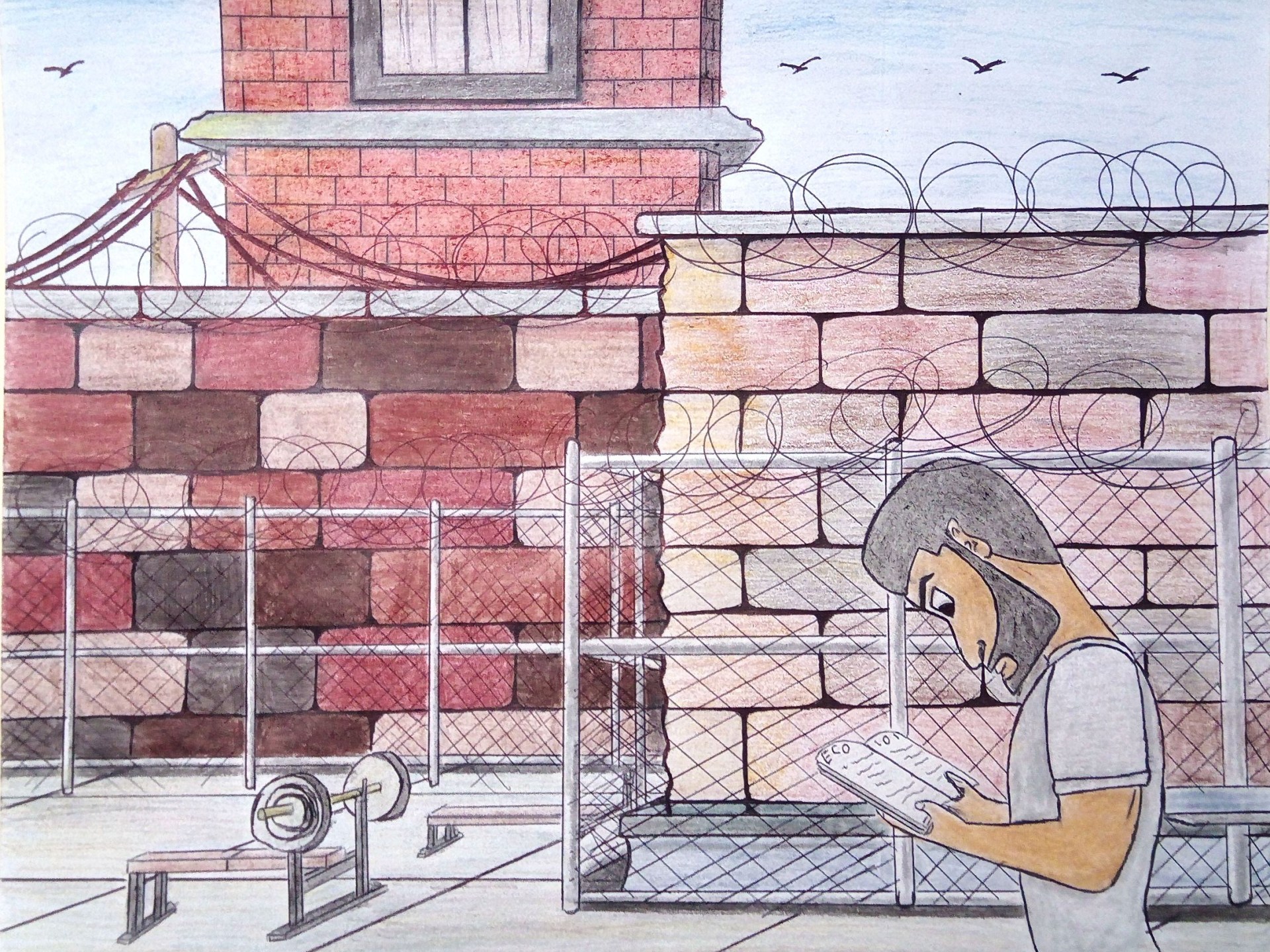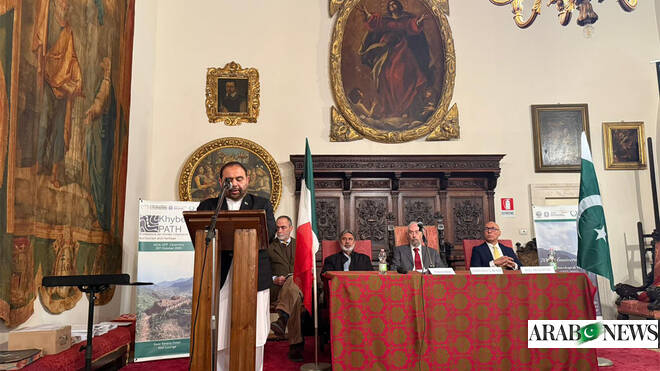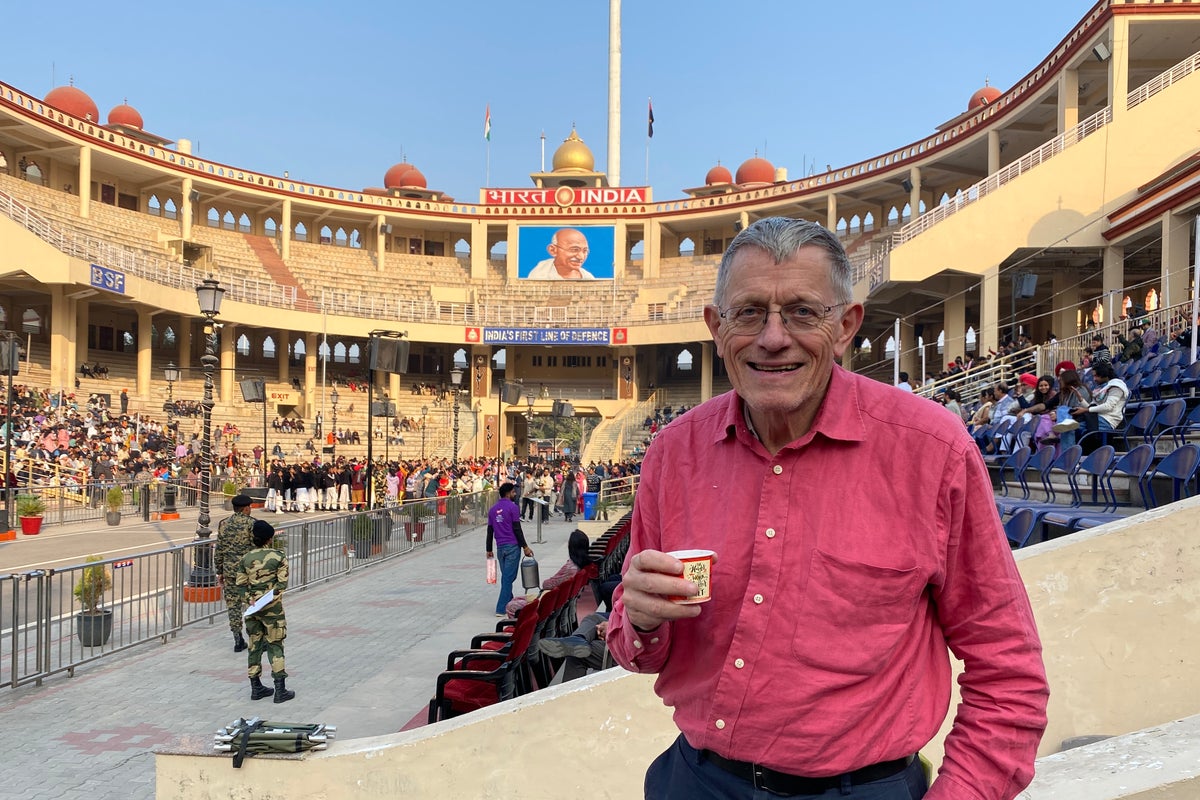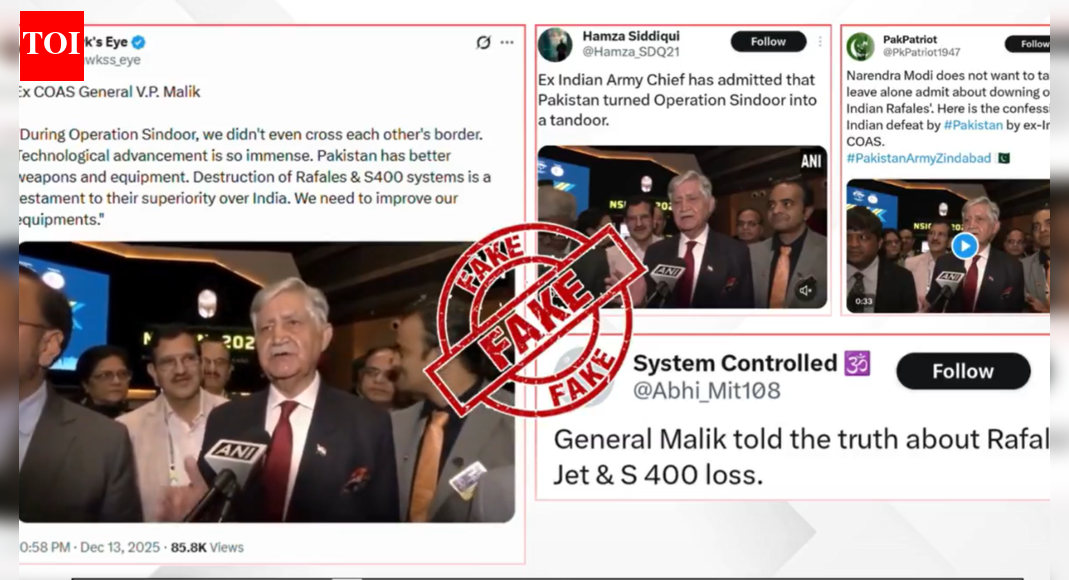Some define time as linear, some see it as a block. Others refer to it as something spent, in the present, or the future. Meanwhile, others consider it to be supernatural or holy, or something to twist, tame or traverse.
As someone who has been…

Some define time as linear, some see it as a block. Others refer to it as something spent, in the present, or the future. Meanwhile, others consider it to be supernatural or holy, or something to twist, tame or traverse.
As someone who has been…
In Pakistan, three terrorists associated with the banned terror outfit Tehreek-e-Taliban Pakistan were killed in an intelligence-based operation in restive northwest Khyber Pakhtunkhwa province. The operation was conducted in the area close…
CHANDIGARH: The UT police arrested two persons for allegedly snatching a woman’s phone in Sector 19. The arrested accused were identified as Vineet, 20, and Ganosh, 20, both residents of Small Flat, Dhanas. Police also recovered two mobile…

ISLAMABAD: Pakistan and Italy marked 70 years of archaeological cooperation, said an official statement on Sunday, with officials highlighting decades of joint work in preserving ancient sites in the country’s northwest, where Italian…

The Legacy of Pratap and Vir Pratap
(A Book Review in two parts)
 By DR SANJEEV CHOPRA
By DR SANJEEV CHOPRAPart 2
From the perspective of India’s freedom movement, 1929 was a salient year: this marked the end of the ‘conservative and…

Mahatma Gandhi is smiling. The bespectacled father of Indian independence beams across a…

NEW DELHI: The Press Information Bureau’s (PIB) Fact Check unit on Sunday debunked social media claims originating from Pakistan-based propaganda accounts that alleged Pakistan destroyed India’s Rafale fighter jets and S-400 air defence…